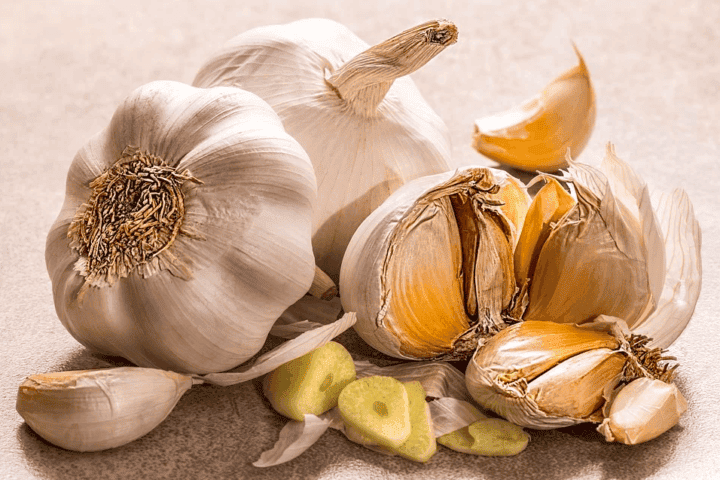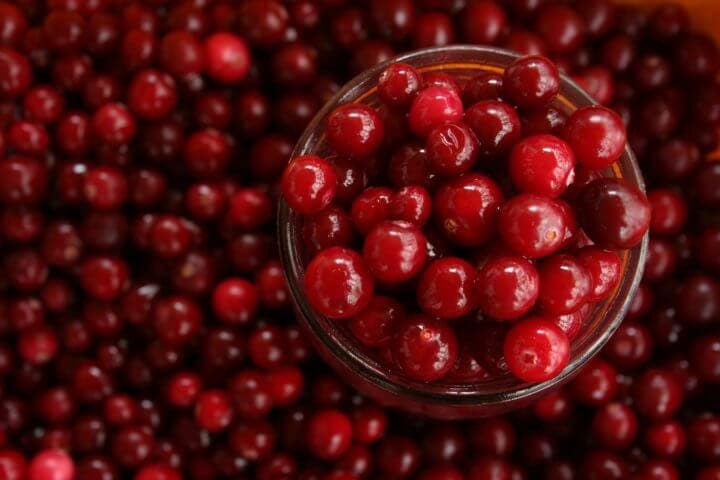Urinary tract infections are among the most common bacterial infections in the world . It is estimated that more than 150 million people contract UTIs each year (Flores-Mireles, et al, 2015). E. coli is the most common cause of urinary tract infections, although other types of bacteria may be involved.
Anyone can develop a UTI, but women are more likely than men. Approximately 40% of women will experience a UTI at some point in their lives (Tan and Chlebicki, 2016).
A urinary tract infection can affect any part of the urinary system, including the urethra, bladder, ureters, and kidneys, but it usually begins in the lower urinary tract organs, bladder, and urethra.
Find out which herbs and supplements treat urinary tract disorders .

Symptoms associated with urinary infection
- Burning when urinating
- Frequent and intense urge to urinate
- Cloudy, dark, or bloody urine
- Fever or fatigue
- Pain in the lower abdomen
UTIs can be treated with antibiotics. However, the overuse of antibiotics can have long-term negative consequences, damaging healthy bacteria in the urinary tract, and contribute to the development of antibiotic-resistant strains of bacteria (Flores-Mireles, et al, 2015).
If you suspect that you have a urinary infection, it is important to consult your doctor as soon as possible. What can start out as a mild infection can turn into serious and life-threatening if left untreated. Some research suggests that up to 42% of mild UTIs can be resolved without the use of antibiotics (Bergamin & Kiosoglous, 2017).

7 herbs that prevent and treat mild urinary tract infections
1. Mannose
Mannose is a type of sugar that is used to prevent and treat mild urinary infections . It is found in foods such as blueberries, apples, and oranges, but is consumed in powder or tablet form.
Many experts believe that it inhibits the ability of certain bacteria to adhere to cells in the urinary tract, facilitating their elimination (Domenici, et al, 2016).
More research is needed to determine if you can treat UTIs. However, small studies have shown promising results. In one of them, the participants took a dose of 1.5 grams of D-mannose twice a day, followed by 1.5 grams daily for an additional 10 days. After 15 days, 90% of his infections had been cured. (Domenici, et al, 2016).
Mannose does not pose a health risk . The most common side effect is mild diarrhea. However, because it is a type of sugar, it is not recommended for diabetics.
There is not yet enough evidence to establish the ideal dose, but most research suggests doses of 1.5 to 2 grams up to 3 times a day.
2. Uva Ursi
Also known as Arctostaphylos or bearberry leaf, it is an herbal remedy for urinary tract infections that has been used in traditional medicine practices for centuries. It is derived from a type of shrub from various parts of Europe, Asia, and North America. It can be consumed in the form of tea or in the form of capsules or tablets.
Modern research to treat urinary tract infections with uva urs i is limited, although several compounds in the plant have exhibited potent antimicrobial capabilities. Arbutin is the main compound credited with the potential to cure urinary infections of uva ursi, thanks to its antibacterial effect (Gohari and Saeidnia, 2014).
Research suggests that uva ursi is safe at daily doses of 200 to 840 mg. However, its long-term safety has not been established, and it should not be taken for more than 1 to 2 weeks in a row (Above, etc al, 2013).
3. Garlic
Garlic has been used in medical practices throughout history. It is often used to treat a wide range of physical ailments, including fungal, viral, and bacterial infections.
Garlic’s healing potential is generally attributed to the presence of a sulfur-containing compound known as allicin (Bayan, et al, 2014).
Evidence suggests that garlic may be an alternative therapy for UTIs, but research is lacking to better understand the role garlic may play in treating and preventing UTIs.
Garlic can be consumed raw, but doses are generally sold in capsule form. Garlic supplements are safe for most people. Side effects can include heartburn, bad breath, and body odor.
Some people may experience allergic reactions to garlic, and should avoid it if you have a history of allergies to garlic or other plants such as onion or leek. If you are taking any of these medications, talk to your doctor before using garlic to treat a urinary infection.

4. Red Cranberries
Cranberry products are among the most popular options for treating UTIs . Blueberries contain D-mannose and anthocyanins, which can limit the ability of bacteria to adhere to the urinary tract, hindering their growth and the ability to cause infection.
Some studies have shown that cranberry prevents UTIs, but human research has found less convincing results as there is not yet 100% sure evidence on its effectiveness.
Cranberry juices and supplements are safe for most people, but can cause an upset stomach. Also, long-term use can increase your risk of developing kidney stones. What’s more. Taking large doses of cranberry supplements can interfere with certain types of blood thinning medications.

5. Green Tea
Green tea is derived from the leaves of Camellia sinensis. For centuries it has been used for its pharmacological potential. It is rich in polyphenols, which have antimicrobial and anti-inflammatory effects.
Epigallocatechin , a compound in green tea has strong antibacterial effects against strains of E. coli that cause UTIs. Several animal studies have also found that green tea can improve the effectiveness of certain types of antibiotics. Still, human studies evaluating green tea’s ability to treat UTIs are lacking.
A cup of green tea contains between 150 mg of EGC. Research indicates that just 3 to 5 mg of EGC may be sufficient to help inhibit bacterial growth in the urinary tract , but this theory has yet to be proven in humans.
Consuming caffeine while you have an active UTI can make your physical symptoms worse. Therefore, you may want to go for decaffeinated green tea products.
We leave you the best offers of green tea extract supplements
6. Chamomile tea
Chamomile tea is used in herbal medicine to treat a wide range of ailments, including urinary infections. It is believed to help reduce inflammation, inhibit bacterial growth, and eliminate infectious bacteria from the urinary tract.
7. Mint tea
Peppermint tea is also used as a natural remedy for urinary infections. Some research has found that peppermint has antibacterial effects against various bacteria such as E. coli.
Certain compounds found in peppermint can help reduce bacterial resistance to antibiotics. However, at the moment there are no studies to support the use of peppermint tea to combat UTIs in humans.

Conclution
UTIs are one of the most common types of infections in the world. They are effectively treated with antibiotics, but recurrence of infection is common and overuse of antibiotics can lead to negative health outcomes.
Many people choose natural supplements to treat infections and avoid overexposure to antibiotics. The components mentioned here are popular options for the natural treatment of UTIs . However, if you think you are developing a UTI, seek medical attention before starting any natural therapy.

Reference
- Above, SG, Naser, B., Nolte, KU (2013). Risk assessment of free hydroquinone derived from Arctostaphylos Uva-ursi folium herbal preparations. Sage Journal. doi: 10.1177 / 1091581813507721
- Bayan, L., Koulivand, PH, Gorji, A. (2014). Garlic: a review of potential therapeutic effects. Journal of Pythomedicine. Doi: 10.22038 / AJP.2014.1741
- Bergamin, PA, Kiosoglous, AJ 2017. Non-surgical management of recurrent urinary tract infections in women. Translational Andrology and Urology . doi: 10.21037 / tau.2017.06.09
- Domenici, L., Monti, M., Bracchi, C., Giorgini, M., Colagiovanni, V., Muzii, L., Benedetti Panici, P. (2016) D-mannose: a promising support for acute urinary tract infections in women. A pilot study. Eur Rev Med Pharmacol Sci . doi: 10.1016 / S1569-9056 (13) 61373-1
- Flores-Mireles, AL, Walker, NJ, Caparon, M., Hultgren, SJ (2015) Urinary tract infections: epidemiology, mechanisms of infection and treatment options. Nature Reviews Microbiology . doi: 10.1038 / nrmicro3432
- Gohari, A. R, Saeidnia, S. (2014). The role of herbal medicines in treatment of urinary tract diseases. Journal of Nephropharmacology . doi: 10.12883 / jnp.2014.xx
- Tan, CW, Chlebicki, MP (2016). Urinary tract infections in adults. Singapore Med . doi: 10.11622 / smedj.2016153